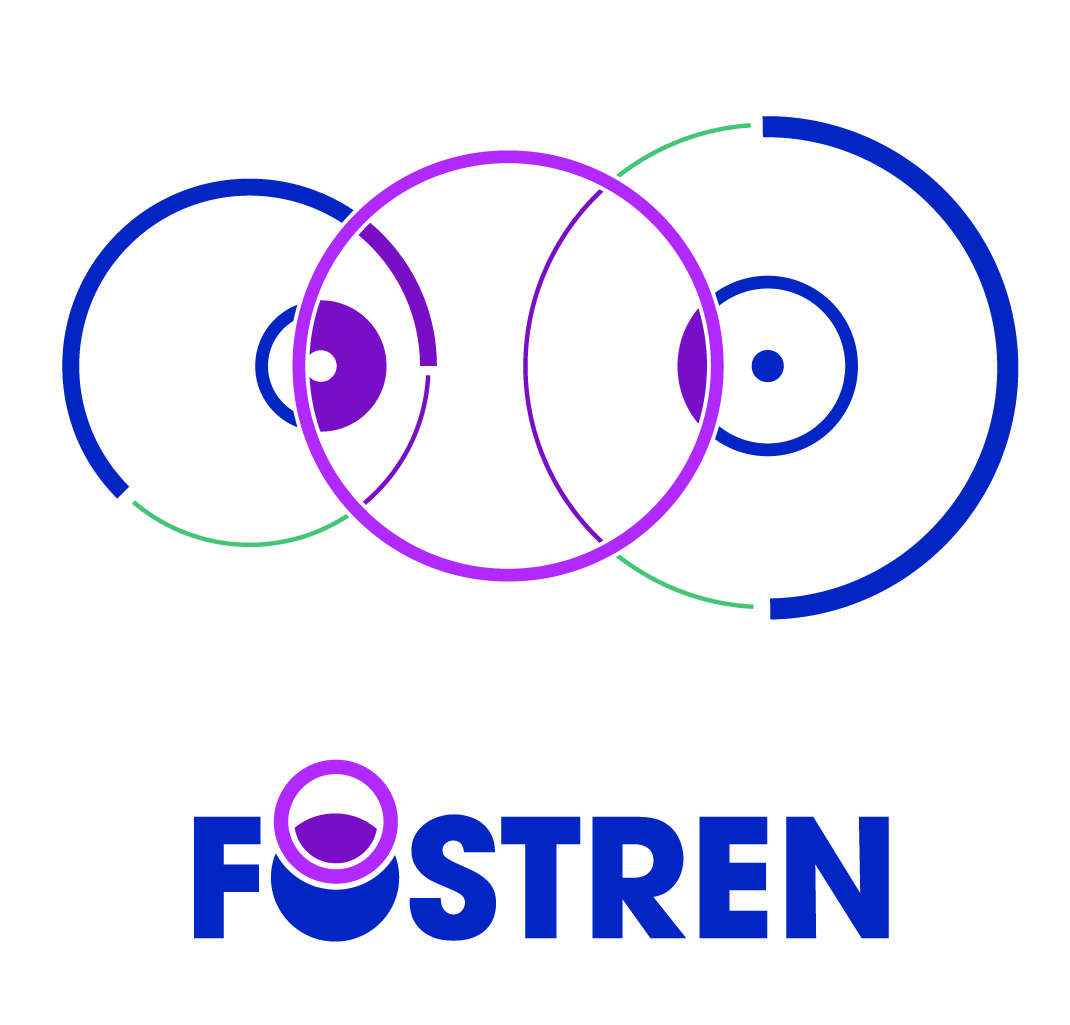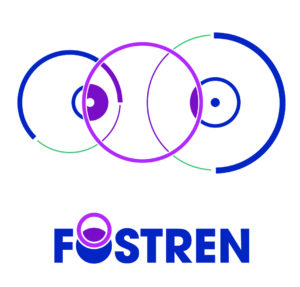WG3: Outcomes and Recovery
Until coercion can be eliminated entirely, its consequences must still be managed. There is scope for significant improvement both in how patients/service users and staff are supported after coercive incidents and what can be learned from reflecting on such incidents. For patients in particular a trauma-informed approach is required which recognises that exposure to coercion often evokes memories of exposure to previous traumatic events within and beyond mental health services. Members of Working group 3 (WG3) will systematically collate information on the effects of coercion exposure on patients and staff across all participating countries. Predictors of a poor outcome in terms of impact and sickness absence will be calculated where possible and, conversely, protective features will also be identified. Models of best practice for supporting post-incident recovery amongst patients and re-entry to work for staff in individual countries will be gathered. They will then be thematically analysed to develop a consensus of international recommendations. WG3 activities will again follow the same broad pattern as WG1. It will meet twice a year on average, manage three STSMs on this specific topic and organise a Training School (in Year 3 ).
These three Work Groups will contribute to the delivery of those aspects of key Action deliverables relating to their topic through focused activity during network meetings, oingoing liaison between meetings and STSMs. These key deliverables are the mapping exercise report, the glossary, data framework, state-of the art reviews and consensus statements. A member of each WG will be appointed to lead on preparation and delivery of each of the deliverables from that group.

